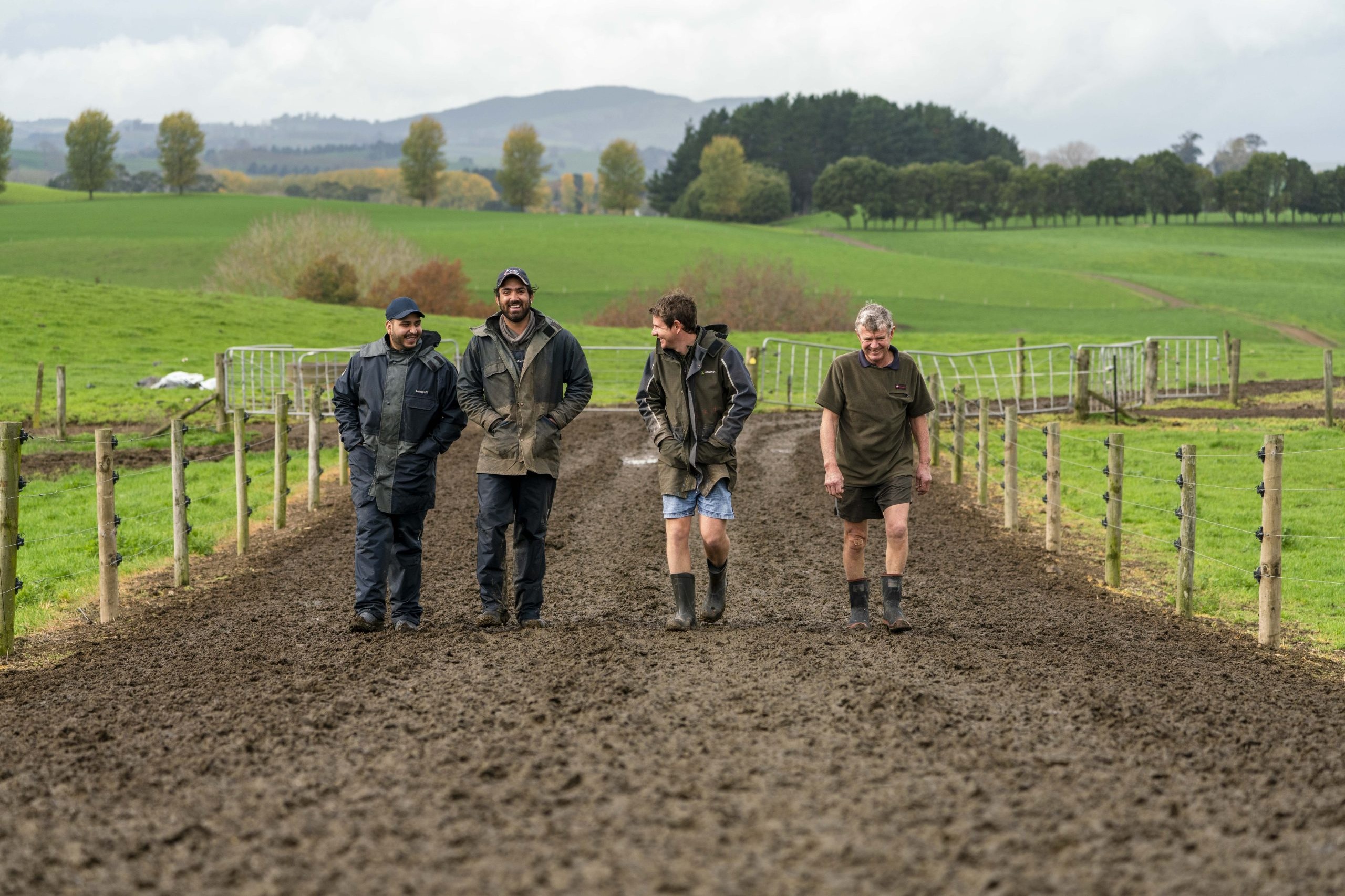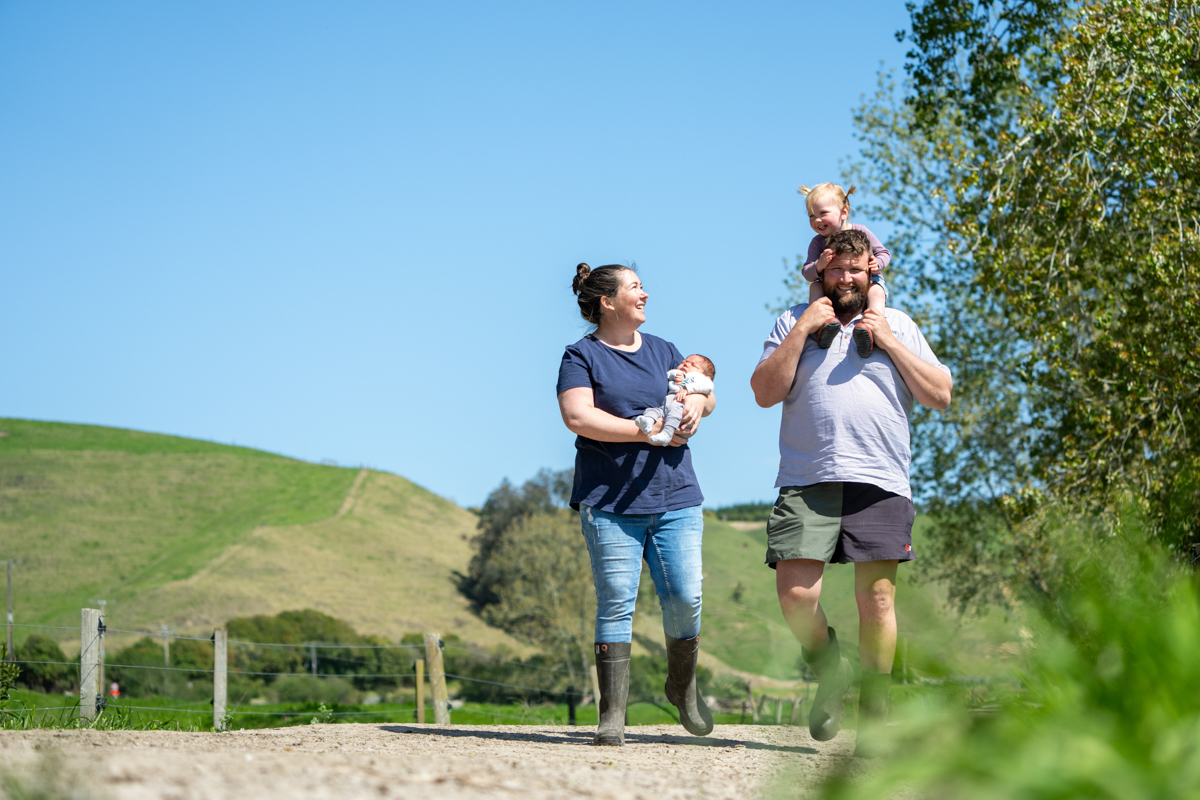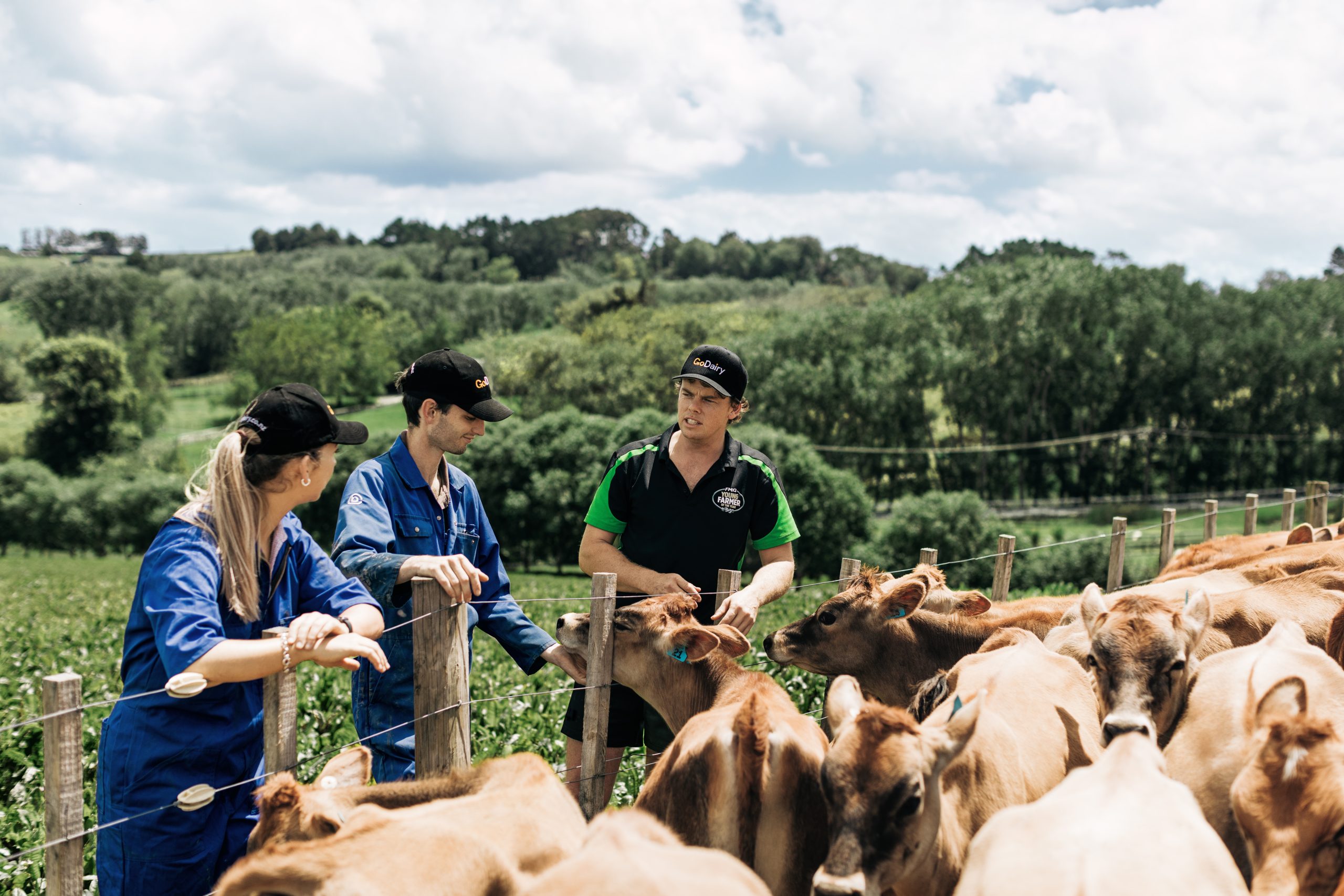If you ask most dairy farmers what their main concern is it won’t be Mycoplasma bovis, their grazing round or even the bank. It is getting good staff.
Many worry as the number of people studying agricultural courses at universities and polytechnics drop year on year and farmers grapple with immigration laws just to get someone, anyone, to milk their cows.
It’s a complex problem but there is one easy solution most farmers can do, especially if they farm near an urban centre – give a school kid, a townie, a weekend or after-school milking job.
Okay, you have to train them, or get your senior staff to, but the benefits are enormous not just for your farm but for the industry.
Your after-school milker may one day become your full-time employee, your 2IC and then the manager of your new sharemilking operation down the road and finally your equity partner.
First, you get a young person, with heaps of energy, who wants to earn money. School kids cannot go on the dole, or get any sort of social welfare handout, and most need money either to save for tertiary education or to buy the stuff they need that their parents won’t pay for (the latest computer game, their phone, petrol).
Plus, you get someone who has never worked before so you can instill in them your values – turning up on time, working hard, finishing the job, getting on with other staff, relating to animals.
If you need another reason, there’s the feel-good factor. If you’re a farm owner, sharemilker or contract milker, it is likely someone gave you a hand up. Maybe it’s time to do the same for someone else.
Whether you got to take over the family farm, your parents guaranteed your loan or your aunt and uncle had you to stay in the holidays and you learnt how to milk cows there, it all got you where you are today.
Imagine a dairy career without that help.
Some schools don’t encourage kids to consider ag careers and for a townie kid to say they want to milk cows, in the anti-farming country we currently have, is a big thing.
Giving them the opportunity to see what dairying is really like, just how well cows are treated and that we are not polluting the waterways, destroying the environment and generally being the all-round nasty people Greenpeace and a few other organisations say we are may just make a difference.
Your after-school milker may one day become your full-time employee, your 2IC and then the manager of your new sharemilking operation down the road and finally your equity partner.
Or, they might become your regional councillor, your local MP or simply the person on the bus who tells the guy next to them dairy farmers are actually doing a good job.
However, there are a few things to consider.
Some kids may have dedicated parents who don’t mind dropping them off at the farm at 4am (some do it for swimming practice) on a weekday, but don’t expect it. Don’t even ask.
Remember, after three hours of milking these kids still have a full day of school ahead of them and year 13 is not like the cruisy seventh form we enjoyed. They have to hand in assignments throughout the year and the NCEA exams are tough.
You don’t want your worker falling asleep in class or failing. Getting Level Two and Level Three NCEA is vital for their future, whatever it will be.
And if mum or dad won’t drive them to morning milkings in the weekend, remember they can’t. Kids need a full driver’s licence to be able to drive before 5am and the earliest they can get that is at 17 and half (six months on a learner licence starting at age 16, one year on a restricted licence) and it is really hard, if not impossible, to get an exemption.
Don’t let them break the law.
They also can’t drive after 10pm so remember that if you’re on 17-hour milking or have a staff party that goes into the night. They also can’t drink any alcohol and drive until they are over 20. Not even one beer so don’t offer them one.
Pay them what they are worth. If they’re doing the work of a 20-year-old, pay them the same.
Kids under 16 are not covered by minimum wage legislation so you can pay them less, but don’t. Kids know what they are worth, they will figure out they’re doing the same work as your other milkers and they will expect to be paid the same. Don’t rip them off.
Put them through the payroll, not as a cashie. It teaches them what it is like to be paid fortnightly, what PAYE, ACC and maybe KiwiSaver does to their earnings and will also make your accountant happier.
It also means the money will go into their bank account and hopefully will be saved rather than spent instantly. Give them the opportunity to know what it is like to have savings. It might be the only time in their life they do.
Make sure you teach them everything you can –need-to-know stuff like health and safety but also be ready to answer their questions.
They’re used to asking questions in class, they won’t think your farm is any different. And if they aren’t asking questions, start getting them used to it.
What is mastitis, why is it important to find it and treat it, how do we treat it and why can’t we put the milk from a treatment cow into the vat?
Assume they know nothing (they probably do know nothing) and start at the beginning.
And that goes especially with health and safety. Most will probably not realise that a cow can kick, that getting urine on an open cut can cause leptospirosis, and that alkaline and acid washes don’t mix (they should know that from chemistry class, but don’t expect them to transfer that knowledge from the schoolroom to the farm).
Make sure they have (or supply them with) a raincoat, a woolly hat/sun hat and gumboots and that they wear sunblock.
Make sure they wash their hands before going home, that they don’t smell, that they don’t put cow manure through their car and that they will put their own overalls in the washing machine at home and not with mum or dad’s best clothes.
Make allowances for sports practices, games and injuries as well as other interests. Teenagers are usually adept at juggling school/home/parties/everything else but make sure they don’t miss a rugby or netball final just because you rostered them on to milk.
Make sure they realise cows, and especially calves, do die whatever you do to try to save their lives. Sometimes it just happens.
And make sure they have your phone number loaded into their phone and know they can ring it at any time if something goes wrong or they don’t know what to do.
But also give them responsibility. Don’t baby them. Imagine what it would feel like for a 17-year-old to be able to say they just milked 500 cows on their own.
Imagine what it would feel like for any mum or dad to hear that, or grandparent. Or a younger brother or sister.
Maybe give your local high school a ring today.
Gateway programme
Gateway is run by many schools throughout the country and gives pupils (Year 11 to Year 13) time off regular class work to experience the workplace.
Primary ITO assists schools using Gateway to find placements for pupils on farms and assess them for practical unit standards.
Any equipment the pupil needs (such as gumboots) is funded through the programme which usually includes a formal agreement between the school, the pupil and the workplace.
Primary ITO also runs SWITCh and Trades Academy in conjunction with schools which further allows pupils to transition to full-time employment on farm while completing NCEA requirements.
For more information contact your local high school or the Primary ITO Schools Team on 0800 20 80 20 or email gateway@primaryito.ac.nz





